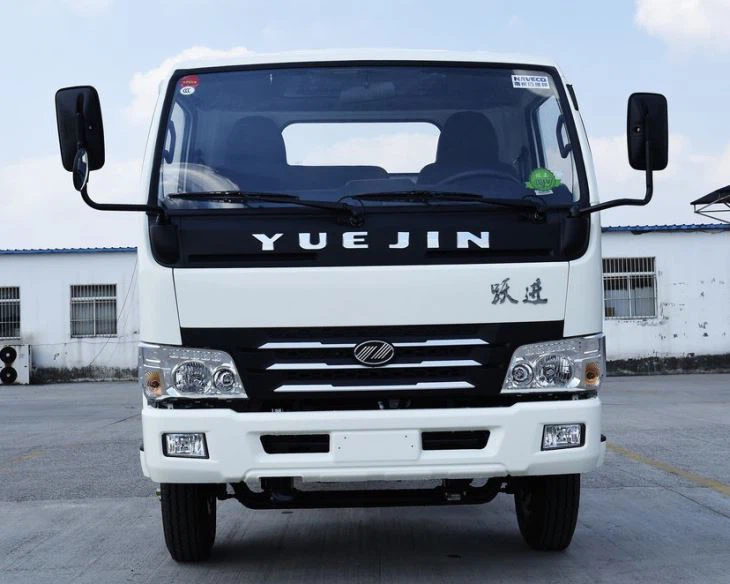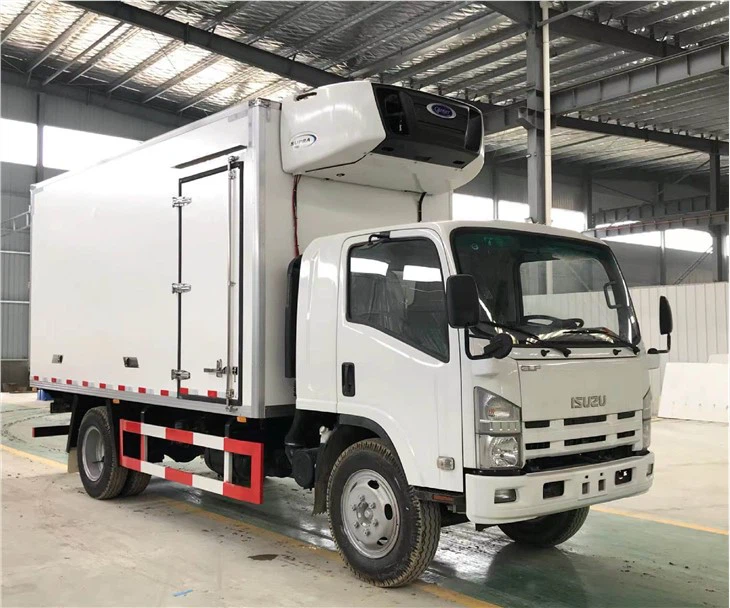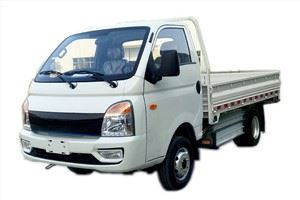Everything You Need to Know About 18 Tonne Lorries

Introduction
In the world of logistics and transportation, the **18 tonne lorry** is a vital vehicle for moving goods across various distances. Whether for commercial use or transportation service, understanding its specifications, uses, benefits, and operational considerations is essential for businesses and individuals alike. This comprehensive guide will delve into everything related to 18 tonne lorries, from their design to their real-world applications, aiming to equip you with the knowledge needed to make informed decisions regarding this heavy-duty vehicle.
What is an 18 Tonne Lorry?
An 18 tonne lorry is a vehicle with a gross vehicle weight of 18,000 kilograms (approximately 39,683 pounds). It falls into the category of medium to large commercial vehicles and is commonly used for transporting goods in both urban and rural settings. The 18 tonne lorry offers a robust design capable of handling significant payloads, making it an ideal choice for freight and logistics operations.
Key Specifications
The key specifications of an 18 tonne lorry typically include:
| Specification | Details |
|---|---|
| Gross Vehicle Weight (GVW) | 18,000 kg (39,683 lbs) |
| Payload Capacity | Up to 10,000 kg (22,046 lbs) |
| Engine Type | Diesel (most common), Electric options available |
| Typical Length | 6 to 8 meters (19.7 to 26.2 ft) |
| Typical Width | 2.5 meters (8.2 ft) |
| Number of Axles | 2 to 3 axles |
| Driving License Required | Category C License (in the UK) |
Types of 18 Tonne Lorries
18 tonne lorries can be classified into several types based on their configuration and the purpose they serve. Here are the most common types:
Box Lorries
Box lorries have an enclosed cargo area, providing protection for goods against weather conditions. These lorries are suitable for transporting a variety of items, from furniture to perishables.
Flatbed Lorries
Flatbed lorries consist of a flat, open platform with no sides or roof. They are ideal for transporting heavy or bulky loads, such as construction materials and machinery.
Refrigerated Lorries
Refrigerated lorries or reefer trucks are equipped with temperature-controlled cargo areas. They are essential for transporting food, pharmaceuticals, and other temperature-sensitive products.
Advantages of Using an 18 Tonne Lorry
Using an 18 tonne lorry offers numerous advantages, especially for businesses engaged in transportation and logistics:
1. High Payload Capacity
With a payload capacity of up to 10,000 kg, 18 tonne lorries can handle substantial loads, reducing the number of trips needed to transport goods.
2. Versatility
These lorries can be configured for various purposes, including moving general freight, delivering building materials, or transporting perishables.
3. Cost-Effective
By optimizing load capacity, businesses can save on transportation costs, fuel consumption, and driver hours.
4. Accessibility
18 tonne lorries are large enough for substantial loads while still being able to access smaller roads and urban areas more easily than larger trucks.
5. Compliance with Regulations
In many regions, driving an 18 tonne lorry may not require special permits, making it easier to comply with local transportation laws.
Common Uses of 18 Tonne Lorries
18 tonne lorries serve numerous industries and purposes, including:
Logistics and Distribution
These lorries are commonly used in logistics to distribute goods from warehouses to retailers or other businesses.
Construction
In the construction industry, they transport materials like bricks, gravel, and equipment to and from job sites.
Food and Beverage
Refrigerated 18 tonne lorries are vital for delivering food products, maintaining the cold chain from suppliers to retail outlets.
Moving Services

These lorries are often employed by moving companies to transport household items during relocations.
Choosing the Right 18 Tonne Lorry for Your Needs
Selecting the appropriate 18 tonne lorry involves various considerations. Here are some practical tips:
1. Determine Your Load Requirements
Evaluate the types of goods you will transport and their weights to ensure the lorry you choose can accommodate them.
2. Consider the Delivery Route
Analyze the routes you will be using. If the roads are narrow or have weight restrictions, select a model that is compliant and maneuverable.
3. Evaluate Fuel Efficiency
Investigate fuel consumption rates among models and consider options that improve fuel efficiency, especially if running costs are a primary concern.
4. Leasing vs. Buying
Consider whether leasing or buying the lorry aligns with your budget and operational needs. Leasing can decrease initial costs, but owning the lorry builds equity.
Maintenance and Care for an 18 Tonne Lorry
1. Regular Inspections
Conduct routine inspections to identify wear and tear on tires, brakes, and other critical components before they lead to major issues.
2. Scheduled Servicing
Follow the manufacturer’s service schedule for oil changes, filter replacements, and more to keep the lorry running smoothly.
3. Monitor Load Distribution
Properly distribute loads to maintain vehicle stability and avoid undue stress on suspension and tires.
4. Cleanliness
Regular cleaning of the lorry helps maintain its appearance and can prevent corrosion, particularly important for refrigerated models.
Legal Considerations and Licensing
When operating an 18 tonne lorry, adhere to local regulations and licensing requirements.
Driving License Requirements
In the UK, a Category C driving license is necessary to operate vehicles over 3.5 tonnes. Check local laws for requirements in your area.
Insurance Needs
Ensure you have the appropriate insurance coverage for your lorry, which may include liability, cargo insurance, and comprehensive coverage.

Goods Vehicle Operator License
Depending on your country and the nature of your business, you may need an operator’s license to carry goods for hire or reward.
Environmental Impact and Alternatives

As the demand for sustainable transportation grows, consider the environmental footprint of using an 18 tonne lorry.
1. Emissions Considerations
Modern 18 tonne lorries feature low-emission engines that minimize environmental impact compared to older models.
2. Alternative Options
Explore electric or hybrid versions of lorries for reduced emissions, which can also lead to savings on fuel costs over time.
FAQs
What is the average fuel consumption of an 18 tonne lorry?
The average fuel consumption can vary widely based on the model and type of cargo but typically ranges from 8 to 15 miles per gallon.
Can anyone drive an 18 tonne lorry?
No, a specific driving license (Category C in the UK) is required to operate an 18 tonne lorry legally.
What types of goods can be transported in an 18 tonne lorry?
These lorries can transport a wide variety of goods, including food, construction materials, furniture, and more, depending on the lorry configuration.
Is it better to lease or buy an 18 tonne lorry?
It depends on your financial situation and business needs. Leasing may have lower upfront costs, while buying can be a long-term investment.
How often should an 18 tonne lorry be serviced?
Regular servicing should occur every 6-12 months, depending on usage, mileage, and manufacturer recommendations.
Are there any weight restrictions for 18 tonne lorries in urban areas?
Yes, many urban areas have weight limits for vehicles. Check local regulations to ensure compliance with any restrictions.
